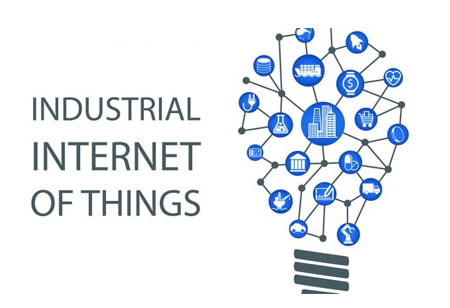THANK YOU FOR SUBSCRIBING
Top Trends that Pave Way for Healthcare in Asia
Healthcare startups are using technology like 3D printing, AI, and Blockchain, to name a few that make the healthcare facilities better. Here we discuss two such trends that could define the future of healthcare in Asia

By
Apac CIOOutlook | Wednesday, January 22, 2020
Stay ahead of the industry with exclusive feature stories on the top companies, expert insights and the latest news delivered straight to your inbox. Subscribe today.
Healthcare startups are using technology like 3D printing, AI, and Blockchain, to name a few that make the healthcare facilities better. Here we discuss two such trends that could define the future of healthcare in Asia
FREMONT, CA: Asia, regarded as World's most populous country, has gone through transformation if we talk about the healthcare sector. Technology, education, and innovation have paved the way for modernization of the healthcare system in Asia. It is expected that the Asian healthcare industry will grow by $200 billion by 2020 and be a $2.66 trillion industry. This growth will probably be driven by increased government and private investments and government initiatives to promote medical insurance, which will ensure improved access to healthcare facilities throughout the continent.
Check Out This : Eldercare Review
Everyone has raised the fact that sick people cost a lot; hence they have started finding measures and bolstering investments to look after the prevention of patients than treatment. Healthcare startups are given incentives and funding from the government and other agencies to encourage them to make public health more efficient. These startups are using technology like 3D printing, AI, and Blockchain, to name a few that make the healthcare facilities better. Here we discuss two such trends that could define the future of healthcare in Asia.
AI and Blockchain
The far-reaching implications of AI have made it a buzzword, and the healthcare startups are rightfully using it for various purposes like analyzing large sets of data related to health records, genetic profiles, clinical trial results, etc. AI can also assist in drawing conclusions from this data faster than a human researcher could do. Adding to it, Blockchain exploded in 2019, which made healthcare services more easy and secure. Using it, companies can store patient information, fixed data points, and diagnostic test results that healthcare providers can access securely.
Caring Elderly
Dealing with the rapidly aging population is undoubtedly a challenge for the healthcare service providers. Asia has the largest aging population led by Japan. Leaving the legacy of traditional health insurance schemes and services behind, insurance platforms now offer affordable long-term care (LTC), which is tech-enabled and comes with automation. A number of startups are getting into preventative monitoring for illness characteristic of old age, such as low mobility, memory loss diseases, loss of bone density, and others, so that people could start taking steps in advance to prevent them or at least take care from the initial stage.





